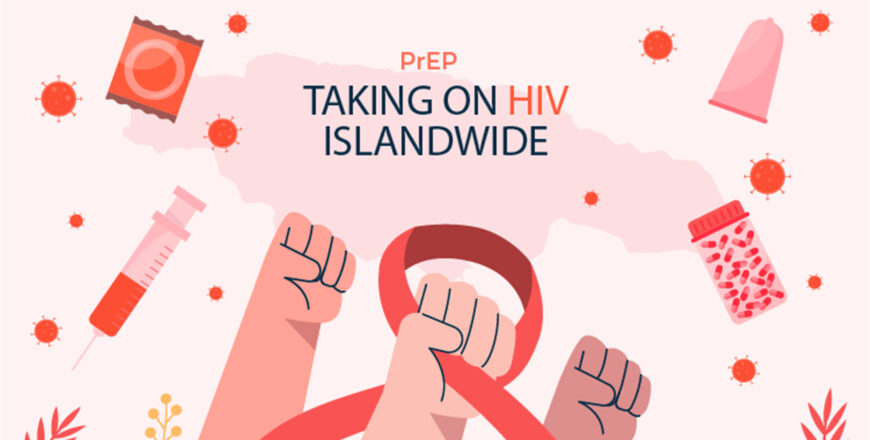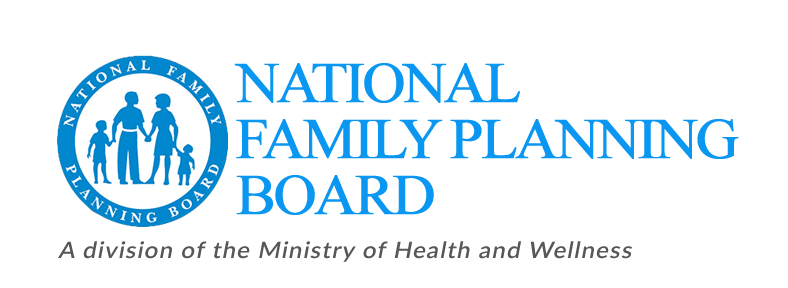
PrEParing to take on HIV
The statement reads “Are you PrEPared?” and is scribbled across one of several bright and bold billboards that have appeared islandwide in recent days promoting PrEP, the Pre-Exposure Prophylaxis. While many people look on quizzically the question resonates with workers in several agencies with an interest in HIV Prevention and Treatment. They have a vested interest in the success of the promotion. PrEP is the use of antiretrovirals by people who are HIV negative to prevent the acquisition of HIV before exposure to the virus. PrEP is an HIV medication that when used consistently, reduced the risk of HIV infection during sex by over 90 per cent.
PrEP is an additional prevention tool which should be considered part of a comprehensive prevention plan that includes a discussion about taking PrEP as prescribed, condom use, other sexually transmitted infections (STIs), and other risk reduction methods.
Aside from the billboards, there has been a push on traditional and new media to acquaint the general public on the prevention tool. Three hundred and fifty-one individuals including regional medical and non-medical staff who deal with prevention as well as treatment were trained by the National Family Planning Board with support from regional teams.
Areas covered in-depth in the training for medical staff were PrEP basics, oral screening, Oral PrEP initial and follow up visits, monitoring and managing Oral PrEP, Monitoring and Evaluation tools. A modification for non-medical staff saw Oral PrEP initial and follow up visits, monitoring and managing Oral PrEP replaced by Oral PrEP communication.
PrEP is available at major health centres in each parish.



Recent Comments